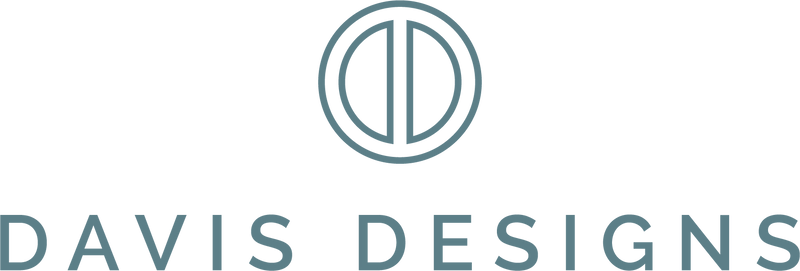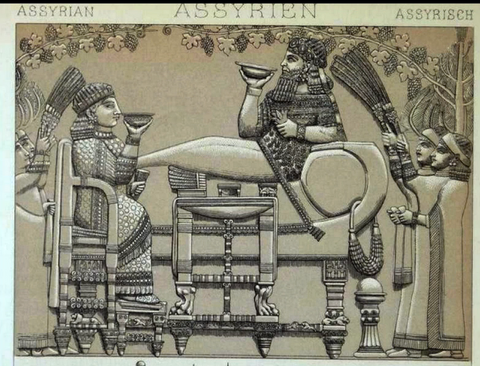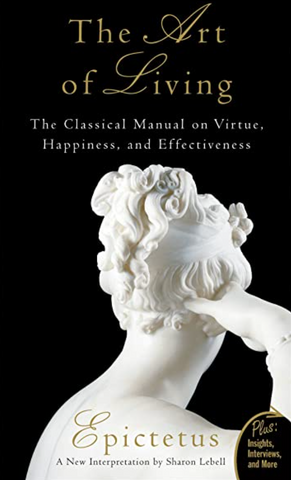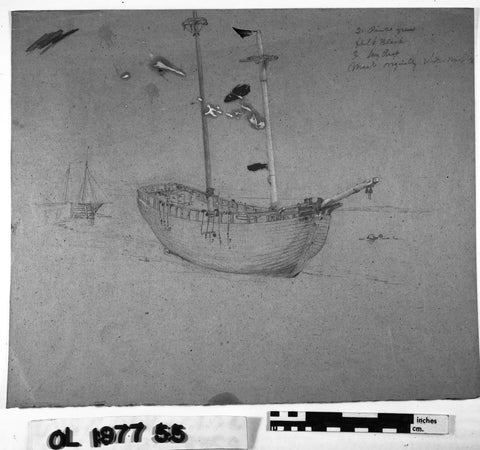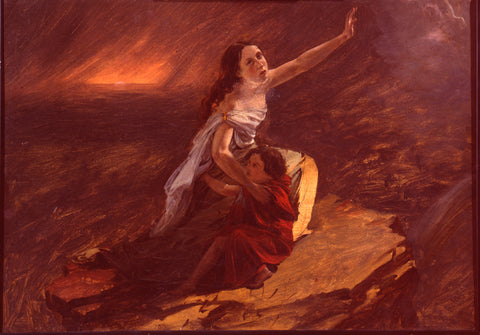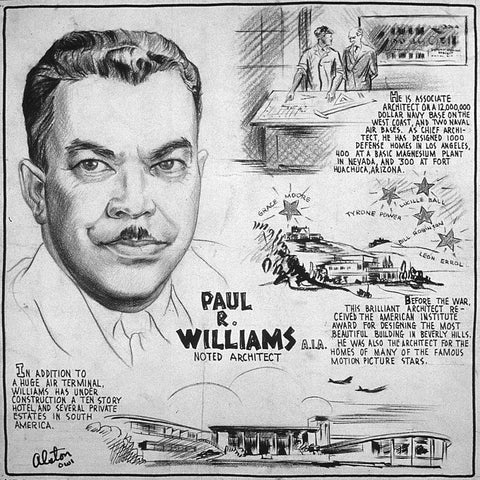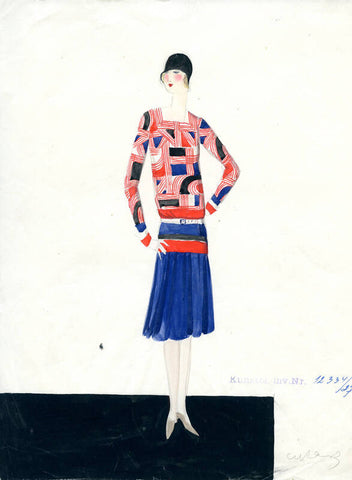Academic Honesty at NYSID

On May 8th, 2020, at 7:21pm, a student in my cohort texted our group chat all the questions and answers to our Historical Styles final exam. She had recreated the slide IDs and comparison slide ID from memory in a PowerPoint and sent it to the group. I had taken the exam when it opened that morning, at 8am, but the rest of my cohort of 12 people was planning on taking during the next two days.
When I saw the exact exam for which I had just studied hard recreated I had a physical reaction as if I had been punched in the stomach. I felt betrayed and disappointed. My cohort had worked together day in and day out for a year and this was our last exam. I could not believe that someone in my group whom I’d known so well would cheat so blatantly and put all of us at risk, not only by her academic dishonesty in violating the ethics code of the school, but also by ruining the curve of the exam for those who had put effort into studying.
The girl who cheated was my closest friend in my cohort. She has come to my home for cocktails, we had enjoyed each other’s company. My first response to her was concern that she would get in trouble. I texted her about this and she responded that I was right, she should be more careful. I also felt relief that I had already taken the exam so that I was not in a position to potentially benefit from her academic dishonesty. Then I realized that simply by being part of the group chat I was complicit in the cheating and thereby also violating the Academic Integrity Code of the school. The handbook states:
Examples of violations of the Academic Integrity Code include, but are not limited to, the following: Cheating during exams, including open-book and take-home exams, viewing other students’ exams, conversations with other students, and use of materials other than those approved by the instructor for use during the exam. This includes soliciting or sharing in any form and to any extent, answers to a proctored or other exam with another student. Personally observing or knowing that another student is cheating or violating the Academic Integrity Code, and not reporting such violation in a timely way to the instructor, academic advisor, or Office of Academic Affairs.
I suddenly felt angry. Was it right that my grade would suffer when I had worked so hard to do well? How could she be so selfish as to put me and the rest of our cohort in this position? I texted her back: “I think what you did was cheating. I already took the test, so it doesn’t affect me. But it’s cheating and we have an honor code.”
For the next 30 minutes I thought carefully about the right thing to do. I considered texting her back that if she did not turn herself in, I would, to give her the opportunity to correct it, but as it was so late and so many students were scheduled at that time to take a compromised exam, I did not think that solution would work. Other people were so immediately impacted by this, and I wasn’t sure how to follow through on that option. Furthermore, I take pride in my work. I worked hard through college, through business school, and now in the 20 years of my professional career. I have not achieved what I have by cutting corners or acting unethically. I have certainly made mistakes, but I try to live up to what I believe is strength of character. Why should someone who cheats get away with it when other people have put in the hard work necessary to succeed? I decided to email the professor and the associate dean, with whom I had just spoken that afternoon.
At 8:03pm I sent the following email to the dean and cc’d the professor:
"I just got off the phone with you about my independent study and I’m grateful for your help in resolving it. I’m reaching out again because something that egregiously violates the school Honor code has literally just happened. Someone in my cohort has recreated the historical styles exam from memory in a PowerPoint and texted it to everyone in my cohort on a group chat just now. Obviously, this is cheating. I took the exam this morning at 8am and this text just arrived at 7:15pm. I want to make clear that I have no involvement in this. I don’t know how many in my cohort have not yet taken the exam, but clearly this text will impact the grading curve as the rest of the cohort now knows what is on the exam. I have a record of this and if necessary, I will share it with you. Upon receipt of the text I responded to the person that I felt it was cheating. That person has not responded to me. I think it’s imperative as dean of the school that you know this has happened."
At 9:48pm, the professor emailed the entire class that the exam had been taken down as a serious issue had come to her attention. At 12:13am, after changing the exam and creating randomized versions, she emailed that the exam was back up.
The next night, May 9th, I was up past midnight working on my final studio project which was due in a couple of days. At 12:52am, I was shocked to receive a text on our group chat from another student in our cohort, who had captured screenshots of the newly revised final exam and sent them to the entire group chat. This occurred one day after our professor’s email about the initial cheating, and the creation of the new exam. At 1:29am, I sent a brief note to the dean of the entire school, with whom I had just spoken about the initial cheating incident earlier that evening:
"I am up just finishing my Design and Drawing project, and another student in my class has literally just now taken screenshots of the new exam and distributed them to the group text. I am attaching them. "
Over the next few days I had several conversations with the dean discussing the situation, the policy of the school towards academic dishonesty, and the question of protecting my anonymity. She was concerned that although I told her I was willing to risk the consequences for telling the truth, I was unprepared for the social backlash if my cohort knew and what it would be like to be ostracized by them. These conversations culminated with her asking me this question: while the two who shared the test would fail the test, as it was clearly stated in the introduction to the final exam, the consequences for rest of the cohort who did not report them would be to take a mandatory one credit Ethics class. How should this cohort-wide class be handled? Would I prefer to 1) sit out of the course, since it was not a requirement for me, in which case it would be obvious to that others that I, as the missing student, was the “whistle blower”; or 2) audit the course and be grouped in anonymously with the other students. She said she would not communicate to the cohort about their consequences until I decided how I wanted to proceed.
I took the evening to consider the question and realized that no matter which choice I made, the truth would come out. I had already been removed from our cohort’s group chat when the others were put on an academic hold, so it was clear the students suspected me. But this line of thinking felt backwards to me. As students we had agreed to abide by an ethical code, and they had breached it. I had done nothing wrong. I had not cheated. Why was I acting as if I had something to hide? And, I thought, surely with 12 students, 5 of whom had not responded to any of the texts at all, some of them must feel the way I did, and even respect me for making a difficult choice. I called the dean the next day and told her that not only would I like to take the course, I would like her to organize a Zoom call for my entire cohort where I could look them in the eye and explain to them what I had done, why I had done it, and why I wanted to take the course with them as part of our cohort. I spent the evening composing what I would say to them.
The dean arranged the call the next day. She, the associate dean, our advisor and my cohort looked at me from my computer screen. I looked into the camera, right at the group, and told them the following:
"I asked [the dean] to set this up because of what happened with our final exam in Historical Styles. I wanted to tell you face to face why I felt it’s so important that this cheating be reported.
First, I believe cheating is morally and ethically wrong. Second, we have a clear academic integrity code and there was also a pragmatic requirement each of us electronically signed during the exam saying that we would not cheat given the simplicity of doing so in an isolated learning environment. Third, this is a school which is helping us professionally. It will be on our resumes. If its reputation is one of dishonesty, that doesn’t help any of us nor does it serve the institutional worth of NYSID. Lastly, we have worked together as a cohort for a year. We’ve advised each other, been through critiques together. I can’t believe this is acceptable to all of us because it isn’t acceptable to me. I value the learning that I’ve had this year and a lot of that came from what I learned from you, and not just in this class. I just can’t believe this would be acceptable behavior to us as a group. It was a difficult decision to do this because I value our cohort and I knew it would cause a rift, but in the end, cheating is wrong, it’s unacceptable at a graduate school or any school, it’s not the example I am setting for my children as their role model, and I firmly believe this was the only thing I could do."
The dean then asked me to leave the meeting. Directly following the meeting, my cohort had a zoom party to celebrate the end of school and took screenshots of themselves smiling and toasting with cocktails and posted it on social media where I could see. I was the only one not included and no one has contacted me since. The next time I saw my classmates was during our first Ethics class.
As this chapter of my school experience comes to an end, I have had the time through this course to reflect upon the events that transpired which I described above. For instance, when I first heard of the punishment for cheating, I felt it was too light. After all, the punishment for cheating at both the high school and the college at which I matriculated was suspension and likely expulsion, and the honor code was taken very seriously. It also rankled me that those who were being “punished” would get the same academic credit for their time which was meant to be atonement for the “crime” as would I, who had not cheated. However, after taking this course and discussing the role of judgment and punishment in our society, I am rethinking my initial views. Perhaps this class and this essay is a better way to teach ethical consequences. Perhaps in general creating an environment for discussion and thinking about complicated issues which at first seem simple, such as abortion, child abuse, the judicial system, racism and other difficult topics which have arisen in this course is the best course of discipline.
Looking at the situation through the three lenses of philosophy we studied, would John Stuart Mill and the Utilitarians believe that the right course of action is to cheat because it brings about the greatest good (better grades) to the greatest number of people (the cohort?). Certainly not turning in the cheaters would bring about the greatest happiness to our cohort. While I would have felt unhappy, a clear majority would all have been very happy as they would have gotten A’s. Does Utilitarianism apply to situations which are inherently unethical (cheating, stealing, lying?) or is it meant to judge consequences of situations which are less obviously “right” and “wrong”? Or, does Utilitarianism need to look beyond the short term (getting the A by cheating) and towards the long-term consequence where perhaps the greatest happiness of the group is to get caught now before it really matters to their career, their life. Perhaps learning a lesson now is a greater happiness than getting caught cheating at work and losing a job.
Kant and the Deonotologists would categorize cheating as wrong because the action of sharing the exam did not adhere to the established rule of the school, printed in the student handbook very clearly. Aristotle and value ethics would contend that actions are moral if they accord with virtuous characteristics, and therefore cheating is not moral as honesty is a virtue and dishonesty is not. Turning in cheaters may be a gray area for Aristotle- is the level of honesty which goes against friendship and support of a cohort being too honest? Would he think looking the other way and neither condoning nor condemning the cheating (as many people in the cohort did- choosing not to respond at all to the cheaters’ texts) be the golden mean of the virtue of honesty? Perhaps, but I believe the highest form of moral honesty is being honest to oneself and one’s own principle and ideals.
This situation reminded me of a passage from Abraham Lincoln’s letter to his son’s teacher:
"In school teach him it is far more honorable to fail than to cheat. Teach him to have faith in his own ideas, even if every one tells him they are wrong. Try to give my son the strength not to follow the crowd when every one is getting on the bandwagon. "
I think the situation my cohort found itself in demonstrates several of Lincoln’s points. Yes, undoubtedly a grade would be lower without cheating, but at least it would be achieved in an honorable way. And yes, it is certain that everyone in my cohort refuses to speak to me now, but I have faith in my own ideas about what is right and wrong, and I know that even if those ideas are unpopular, that faith has and will serve me well. And yes, it absolutely would have been easier to follow the crowd in my cohort and just let it slide, but that is not the bandwagon that I would like to be on. I hope my choices are ethical, and I know that at least they have been one more experience in the foundation of my character.
_____
Postscript to Final Paper
I have never completed a course, submitted my final paper, and then written a postscript, but after our last class yesterday I felt compelled to add an observation about ethics which we did not discuss. I think one who acts ethically in a difficult situation is often destined to feel alone. History is full of examples of this type of character. That is exactly how I have felt in this class, and especially yesterday. Making the difficult decision is often not popular and I have felt isolated and alone in that choice. You spoke about wisdom yesterday, and I think there is a reason that word is often mentioned in the same sentence as “age and experience”. The behavior of my classmates yesterday reminded me of my daughter’s 3rd grade class where they pass notes about each other behind their back. It is childish. Sending a group text about me during a Zoom class, then claiming to have been texting about how great the professor is and giggling because they got away with it is also childish, and worse. There are many students who would see this as a bullying incident.
Ethics comprise many ambiguous issues as we learned in your course. However, in the case of a master’s level program with adults, the act of cheating to get ahead is not ambiguous, and I don’t feel as if we discussed this aspect of morality. As I wrote in my paper, students at Harvard and Harvard Business School who cheated would be suspended or expelled and that decision would be supported by all the school’s constituencies. My NYSID cohort, who just a month ago texted me that I am a “friend for life”, got away with cheating, got an extra course credit on their transcripts, and got a bonding experience blaming me instead of the cheaters. What they may have learned is to cheat in a less risky way. My classmates at Harvard had widely varying views but respected each other too much to put one of us in the position I am now in. At this moment I am proud to be alone.
